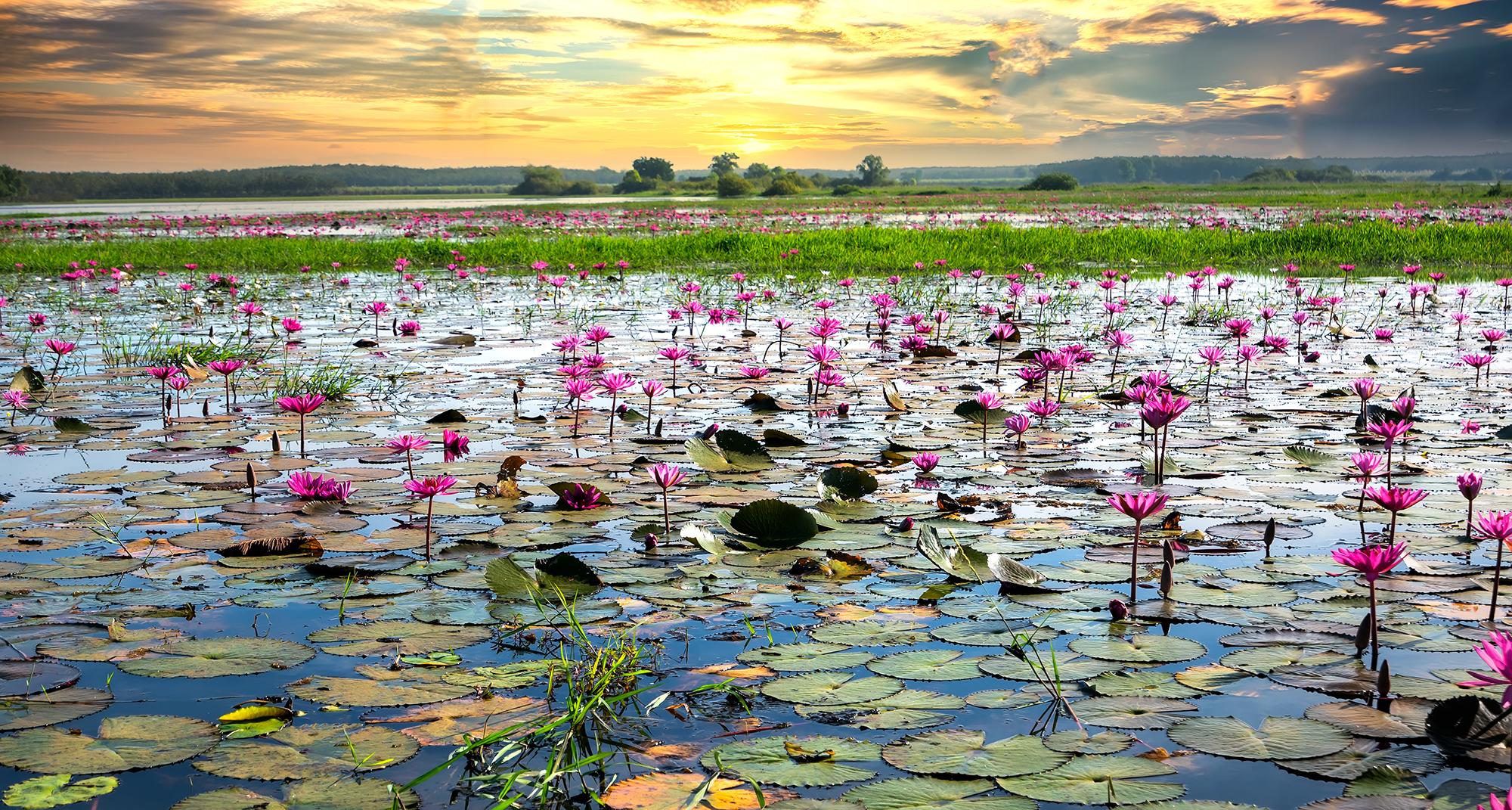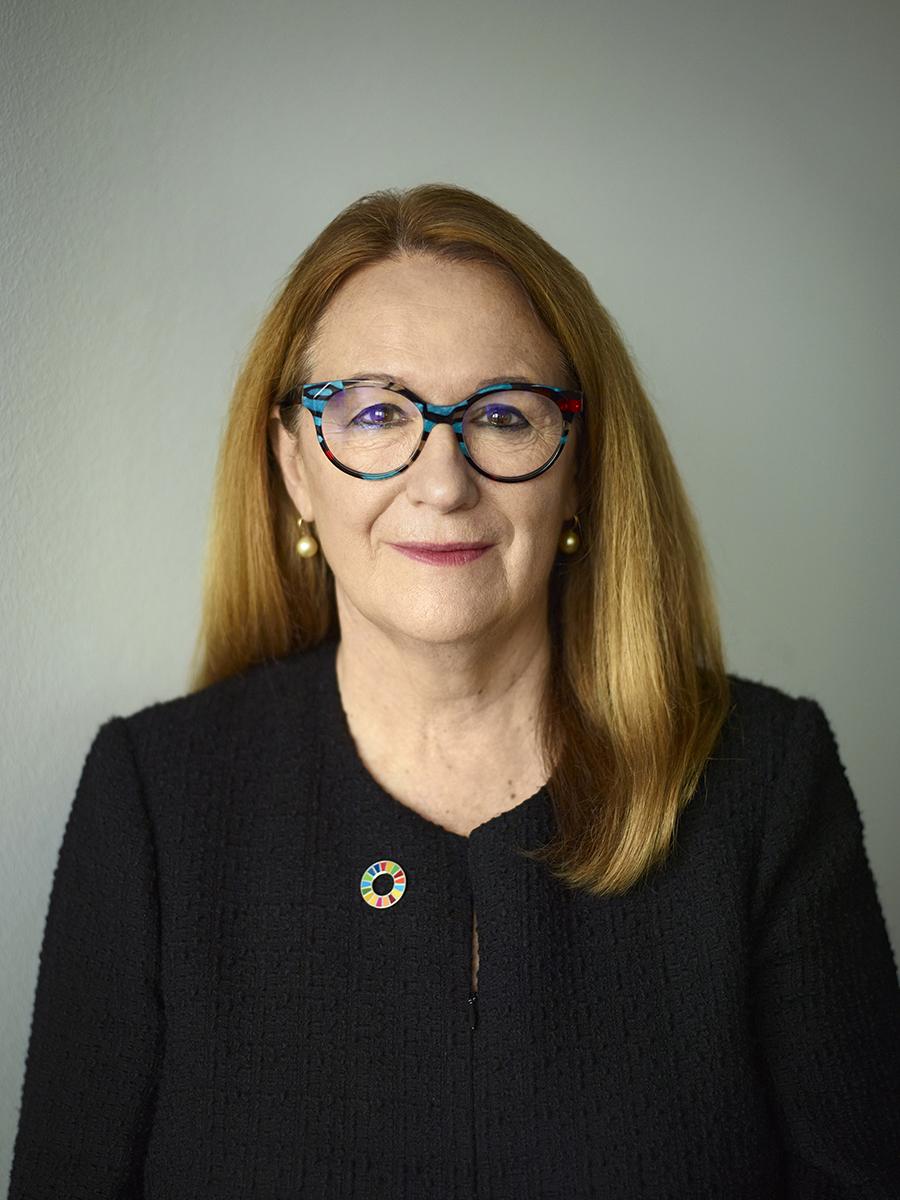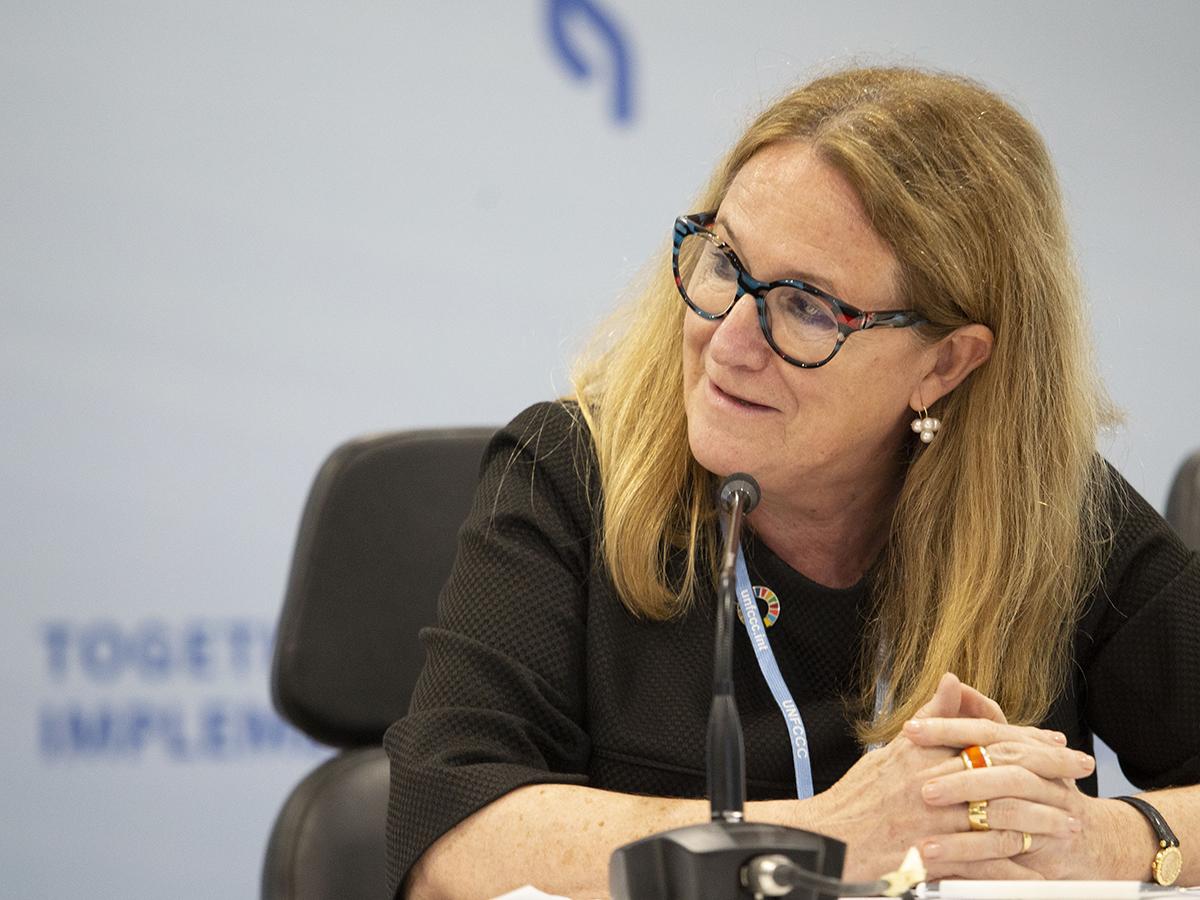 huythoai/stock.adobe.com
huythoai/stock.adobe.com
‘I hope for clear, strong targets’
In an interview with akzente, GIZ Managing Director Ingrid-Gabriela Hoven speaks about the importance of biodiversity and the global conference on the subject in Montreal.
The international community has just discussed the climate in Sharm El-Sheikh. Now, biodiversity is in focus in Montreal. Which conference is more important?
The Earth is ONE ecosystem and therefore we have to consider the topics together. Climate change mitigation and conserving biodiversity go hand in hand. They have positive and negative impacts on each other. For example, forests are key carbon sinks. Or take mangroves: they may be highly productive and species-rich, but they also act as breakwaters and protect people from extreme weather events, which are occurring more frequently due to climate change. So both conferences are equally important.
Even so, the significance of biodiversity does not seem to enjoy as much mainstream awareness as climate change mitigation’s importance …
That’s true. Unfortunately, a lot of people still don’t realise we are ultimately destroying the foundations of our existence when we wipe out nature.
So why is there less awareness of species loss?
One reason is that you can’t clearly quantify it in a way that is easy to understand, unlike CO2 levels for the climate. Another is that three quarters of the world’s biodiversity is in the Global South. There simply isn’t the financial means there to counteract it resolutely. Many developing countries also view biodiversity conservation as a demand and a constraint of their authority. They want to use their local natural resources to suit their own economic needs.
 GIZ
GIZ
Will the global biodiversity summit change this situation?
I hope so, because the biodiversity crisis is just as dangerous as the climate crisis. That’s why I want a clear, binding structure to be launched in Montreal incorporating the 30x30 target. This means that by 2030, at least 30 per cent of the planet’s land and oceans will be protected. The only way we’ll be able to achieve this is if developing countries receive support.
The financial requirements are enormous …
Yes, they are estimated at several hundred billion US dollars. That’s why we also need clear commitments at the summit. At the UN General Assembly in New York, Federal Chancellor Olaf Scholz announced that Germany would be doubling its annual international nature conservation contributions to EUR 1.5 billion until 2025. This is a strong signal and it will hopefully encourage other donors to also boost their contributions.
How important is biodiversity conservation in GIZ’s work?
It is a key topic for us, because the poor in particular rely on nature remaining intact. The survival of over 60 per cent of the rural population in Africa depends directly on the natural world. This means we need to strike a balance between intact nature and economic activities. Development cooperation can assist in finding effective strategies to achieve this. In the past year alone, we implemented a portfolio worth more than EUR 260 million. After the summit, and with the additional funding from the German Government, this figure is expected to increase.
 IISD/ENB Angeles Estrada Vigil
IISD/ENB Angeles Estrada Vigil